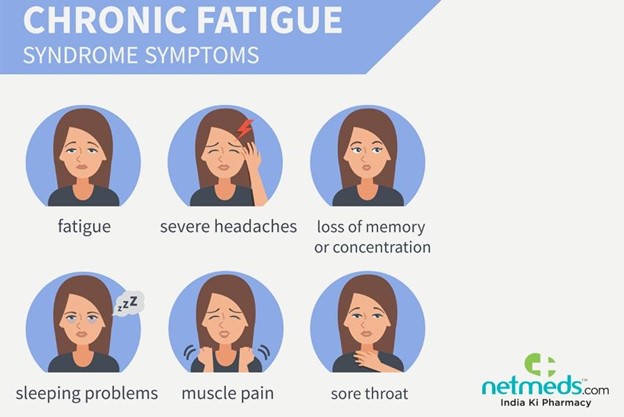A client with multiple sclerosis is seen by the home health nurse and complains of severe fatigue. Which of the following is the most appropriate nursing intervention?
Encourage deep-breathing exercises
Provide a relaxing warm bath
Schedule periods of rest in between activities
Administer multivitamins
The Correct Answer is C
Choice A Reason: Encouraging deep-breathing exercises is not the most appropriate nursing intervention, as it may not reduce fatigue and may increase respiratory effort.
Choice B Reason: Providing a relaxing warm bath is not the most appropriate nursing intervention, as it may worsen fatigue and increase the risk of heat intolerance and dehydration.
Choice C Reason: Scheduling periods of rest in between activities is the most appropriate nursing intervention, as it helps to conserve energy, prevent exhaustion, and promote recovery.
Choice D Reason: Administering multivitamins is not the most appropriate nursing intervention, as it may not improve fatigue and may cause adverse effects or interactions with other medications.

Nursing Test Bank
Naxlex Comprehensive Predictor Exams
Related Questions
Correct Answer is D
Explanation
Choice A Reason: Hypertension is not a common finding in a client with low calcium level, but it may indicate other conditions such as renal disease or pheochromocytoma.
Choice B Reason: Diaphoresis is not a common finding in a client with low calcium level, but it may indicate other conditions such as fever, anxiety, or hyperthyroidism.
Choice C Reason: Increased thirst is not a common finding in a client with low calcium level, but it may indicate other conditions such as diabetes mellitus, dehydration, or psychogenic polydipsia.
Choice D Reason: Muscle tetany is a common finding in a client with low calcium level, as it indicates that the nerves and muscles are overexcited and contract involuntarily. It may manifest as spasms, cramps, twitching, or tingling sensations.
Correct Answer is D
Explanation
Choice A Reason: Parkinson's disease does not result from too low acetylcholine as a result of an autoimmune reaction, but this may be a description of myasthenia gravis, which affects the neuromuscular junction.
Choice B Reason: Parkinson's disease is not caused by the deterioration of the myelin sheath of the basal ganglia, but this may be a description of multiple sclerosis, which affects the central nervous system.
Choice C Reason: Excess dopamine and deficient acetylcholine are not the two major causes of Parkinson's disease, but they are reversed. Parkinson's disease is caused by low dopamine and high acetylcholine levels in the brain.
Choice D Reason: Parkinson's is caused by depletion of dopamine and excess of acetylcholine, as this affects the balance between these two neurotransmitters that control movement and coordination.
Whether you are a student looking to ace your exams or a practicing nurse seeking to enhance your expertise , our nursing education contents will empower you with the confidence and competence to make a difference in the lives of patients and become a respected leader in the healthcare field.
Visit Naxlex, invest in your future and unlock endless possibilities with our unparalleled nursing education contents today
Report Wrong Answer on the Current Question
Do you disagree with the answer? If yes, what is your expected answer? Explain.
Kindly be descriptive with the issue you are facing.
